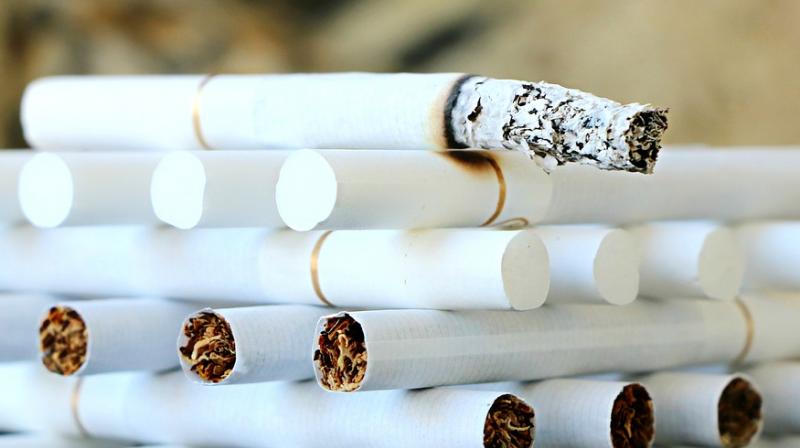Researchers find glo cigarettes reduces exposure to toxicants

Washington: Turns out, switching from smoking to glo significantly reduces exposure to toxicants.
According to a new clinical study, conducted by scientists at British American Tobacco have revealed that when smokers switch completely from cigarettes to glo - new-gen cigarette that follow the principle of tobacco heating instead of burning - their exposure to certain cigarette smoke toxicants is significantly reduced, in some cases to levels comparable to those seen in smokers who quit smoking completely.
These results add to evidence suggesting that glo may have the potential to be substantially reduced risk compared to smoking conventional cigarettes.
Glo is a tobacco heating product (THP) designed to heat rather than burn tobacco. This means it does not produce smoke and certain toxicants associated with tobacco combustion are substantially reduced. Previous studies revealed toxicant levels in the heated tobacco vapour from glo to be around 90-95 percent less than in cigarette smoke.
"Products like glo are very new and consumers and regulators alike understandably want as much information as possible about them. Understanding how vapour from glo compares to cigarette smoke is, therefore, a core component of our scientific research", said Dr James Murphy.
"Clinical studies, which are studies involving real people, are an extremely important component of that", continued Murphy.
Because glo vapour has lower levels of toxicants than cigarette smoke, it should in principle expose consumers to much less toxicants. The findings of this study indicated that this is indeed the case.
The results will be presented at the annual conference of the Society for Nicotine and Tobacco Research in Baltimore, Maryland, USA.

